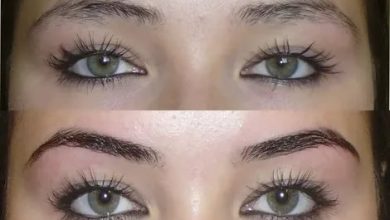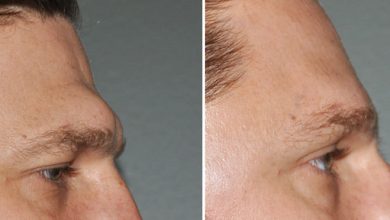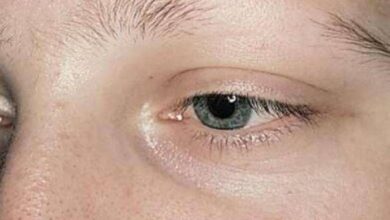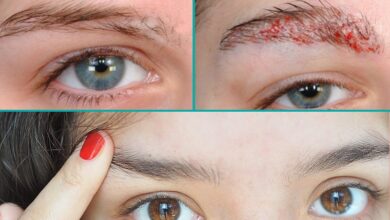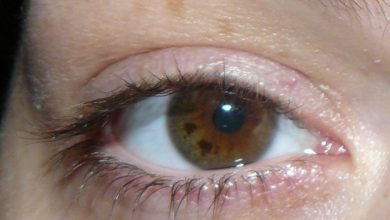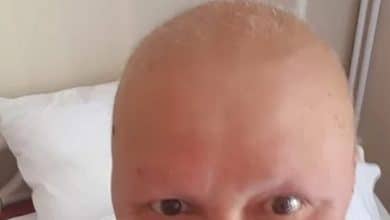Toddler Woke Up With Swollen Eye: Causes, Treatment, and What to Do
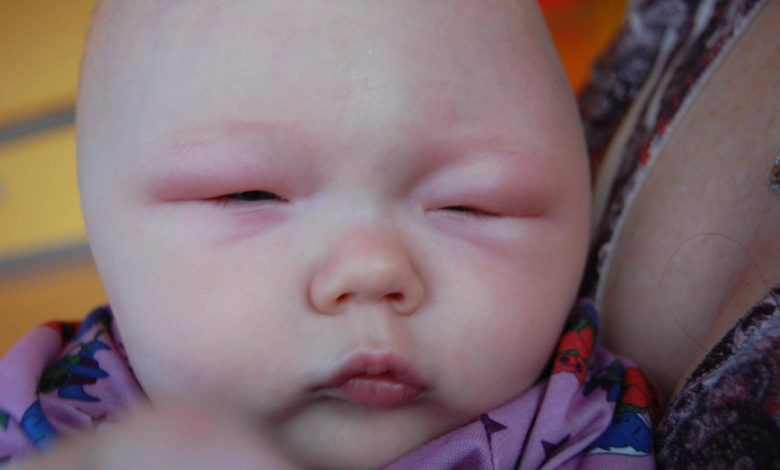
When your toddler wakes up with a swollen eye, it can be alarming. As a parent, knowing when to stay calm and when to seek medical advice is crucial. In this article, we’ll explore the common causes, treatment options, warning signs of serious issues, and prevention tips to help you manage the situation confidently.
Toddler Woke Up With Swollen Eye
A toddler waking up with a swollen eye is often linked to minor issues like allergies, insect bites, or mild infections. However, in some cases, the swelling could indicate a more serious problem that needs immediate medical attention. Understanding the different possibilities can help you respond appropriately.
Common Causes of a Swollen Eye in Toddlers
Several everyday factors can cause eye swelling in toddlers. Here are the most frequent ones:
- Allergic reactions: Exposure to pollen, dust mites, or pet dander can cause localized swelling around the eyes.
- Insect bites: A mosquito or spider bite near the eye area can result in noticeable puffiness.
- Mild eye infections: Conditions like conjunctivitis (pink eye) can cause swelling, redness, and discharge.
- Injury or trauma: A bump or scratch near the eye, even if minor, can lead to swelling.
- Blocked tear duct: Especially common in younger toddlers, leading to watery eyes and mild swelling.
- Irritation from rubbing: Toddlers often rub their eyes when tired or irritated, which can cause temporary swelling.

Table: Quick Overview of Causes and Symptoms
| Cause | Typical Symptoms | When to Seek Help |
|---|---|---|
| Allergies | Swelling, itching, watery eyes | If symptoms persist or worsen |
| Insect Bite | Localized swelling, sometimes redness | If swelling increases rapidly |
| Conjunctivitis | Redness, discharge, swelling | If accompanied by fever |
| Injury | Bruising, tenderness | If vision seems affected |
| Blocked Tear Duct | Watery eyes, mild swelling | If recurrent or persistent |
What to Do if Your Toddler Has a Swollen Eye
When you notice a swollen eye in your child, here’s a step-by-step guide to follow:
- Gently clean the area with a soft cloth and lukewarm water.
- Apply a cold compress to reduce swelling.
- Observe for additional symptoms such as fever, increased redness, or pus.
- Avoid letting your child rub or scratch the affected eye.
- Use antihistamines if allergies are suspected (always consult a pediatrician first).
- Seek medical advice if swelling worsens or does not improve within 24–48 hours.
Serious Infections to Watch For
In rare cases, eye swelling in toddlers can signal a more serious infection that requires urgent care.
- Preseptal cellulitis: Infection of the eyelid and surrounding skin. Symptoms include swelling, redness, warmth, and tenderness.
- Orbital cellulitis: A dangerous infection involving the tissues behind the eye, potentially affecting vision and leading to serious complications.

Warning signs that need immediate medical attention:
- Rapidly worsening swelling
- Redness spreading across the face
- High fever and extreme fatigue
- Difficulty moving the eye or intense pain during movement
- Bulging of the eye (proptosis)
If any of these signs appear, go to the emergency room without delay.
How Doctors Diagnose Eye Swelling in Toddlers
Pediatricians typically begin with a thorough physical examination.
They may:
- Check for signs of infection, allergic reaction, or trauma.
- Look into the eyes using an ophthalmoscope to assess internal structures.
- Order imaging tests (like a CT scan) if a serious infection such as orbital cellulitis is suspected.
Proper diagnosis ensures the right treatment, whether it’s antibiotics for infections or antihistamines for allergies.
According to the American Academy of Pediatrics, early diagnosis and treatment of eye infections can prevent severe complications.
How to Prevent Eye Swelling in Toddlers
Preventing eye swelling starts with everyday habits and safety measures:
- Maintain a clean home to minimize allergens like dust mites and pet dander.
- Use insect repellents appropriate for toddlers when spending time outdoors.
- Teach and encourage frequent handwashing to prevent bacterial or viral infections.
- Manage known allergies carefully by consulting with a pediatric allergist.
- Supervise play activities to avoid accidents or injuries near the eyes.
Small preventive steps can significantly reduce the risk of your toddler waking up with a swollen eye.

TAKEAWAY
If your toddler wakes up with a swollen eye, stay calm and assess the situation carefully. Most cases are mild and easily treated at home. However, it’s important to recognize signs that require urgent medical evaluation, such as rapid worsening, fever, or difficulty moving the eye. Prevention through hygiene, allergen management, and protection against insect bites can make a big difference. When in doubt, always consult your pediatrician to ensure your child’s health and safety.
FAQs
Is a swollen eye in a toddler an emergency?
Not always. Many cases are mild. However, if the swelling worsens rapidly, is accompanied by fever, or affects your child’s vision, seek immediate medical attention.
Can allergies cause only one eye to swell?
Yes. Allergic reactions can sometimes affect only one eye, depending on exposure or if your child rubs just one eye after touching an allergen.
How long does it take for a toddler’s swollen eye to heal?
Minor swelling from allergies, bites, or mild infections usually improves within a few days. If it persists longer than 48 hours without improvement, consult a healthcare professional.
Should I put anything on my toddler’s swollen eye?
Use only a clean, cold compress unless directed otherwise by a doctor. Avoid applying creams, ointments, or medications without medical advice.
When should I worry about toddler eye swelling after sleep?
If the swelling appears severe, if the eyelid is hot and red, or if your child has a fever or reduced eye movement, seek medical care urgently.


